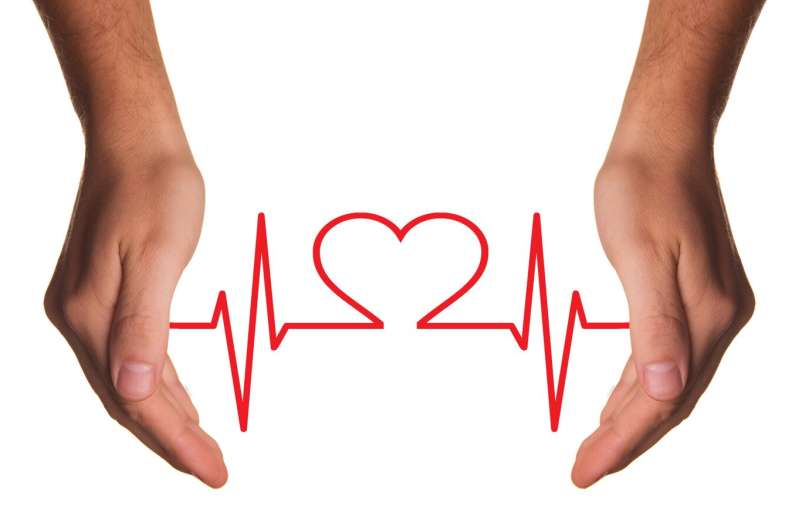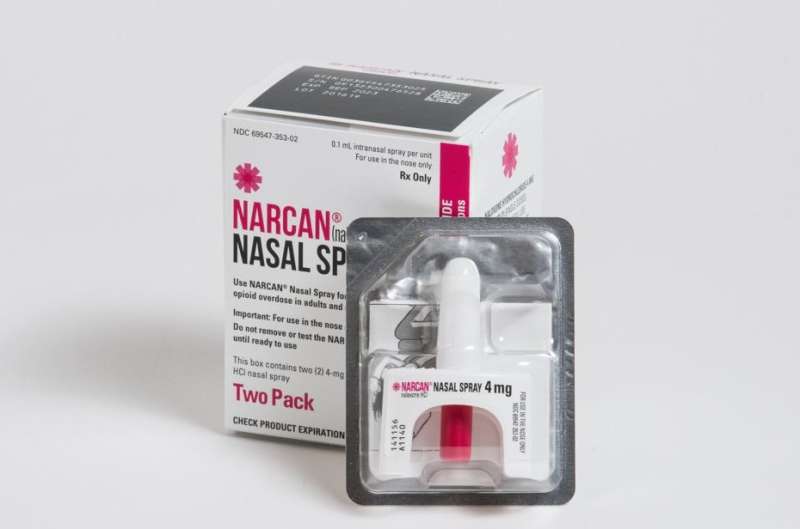Parents Support Early HPV Vaccination for Children at Age 9 or 10

A new study reveals that most parents and clinicians are receptive to administering the HPV vaccine to children at ages 9 or 10, potentially improving vaccination rates and cancer prevention efforts.
Recent research indicates that administering the human papillomavirus (HPV) vaccine to children at ages 9 or 10 is both feasible and well-received by parents, suggesting a potential shift in vaccination practices. A study published on June 2, 2025, in the journal Pediatrics, explored the perspectives of clinicians and parents regarding early HPV vaccination, demonstrating broad acceptance and minimal perceived concerns.
The study involved a mixed-methods approach, including surveys and interviews with clinicians across Colorado and California. Results showed that a majority of clinicians—around 90% in Colorado and 77% in California—routinely initiate HPV vaccination at ages 9 to 10. Most physicians reported that starting vaccination at this younger age did not substantially increase their workload or discussion time, with many parents open to discussing HPV vaccination for their children at these ages.
Importantly, parental pushback was primarily associated with expectations of a vaccine-free visit at age 9 rather than vaccine hesitancy itself. Since sexual activity is typically not perceived as imminent at ages 9 and 10, conversations about HPV are often shorter. Many clinicians also noted a preference among parents for spacing out vaccines, administering a single dose at age 9 and delaying additional doses until age 11.
Overall, the findings suggest that initiating HPV vaccination at ages 9 to 10 is a practical and widely accepted strategy that could improve vaccination rates. The upcoming results of ongoing longitudinal trials will clarify whether this earlier start enhances vaccination completion by age 13.
This research underscores the potential benefits of recommending HPV vaccination earlier, aligning with both clinical feasibility and parental support, ultimately contributing to better prevention of HPV-related cancers.
Source: https://medicalxpress.com/news/2025-06-parents-receptive-children-hpv-vaccine.html
Stay Updated with Mia's Feed
Get the latest health & wellness insights delivered straight to your inbox.
Related Articles
Limitations of Current Biomarkers in Assessing Post-Pregnancy Heart Failure Risk
New research questions the effectiveness of traditional biomarkers like NT-proBNP for predicting heart failure in women after complicated pregnancies, emphasizing the need for new screening methods.
Intracellular Toxin's Role in Combating Leukemia Revealed
Researchers identify how leukemia cells rely on internal defense mechanisms against formaldehyde, paving the way for targeted therapies by disrupting protective enzymes.
Experimental Antibody Shows Promise in Reducing Kidney Fibrosis
A groundbreaking study reveals that an experimental antibody, ABTAA, may protect kidney blood vessels and reduce fibrosis in chronic kidney disease, offering new hope for treatment.



